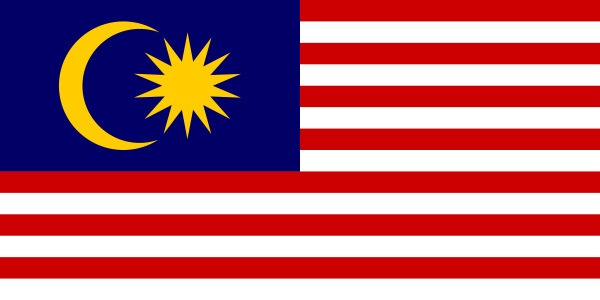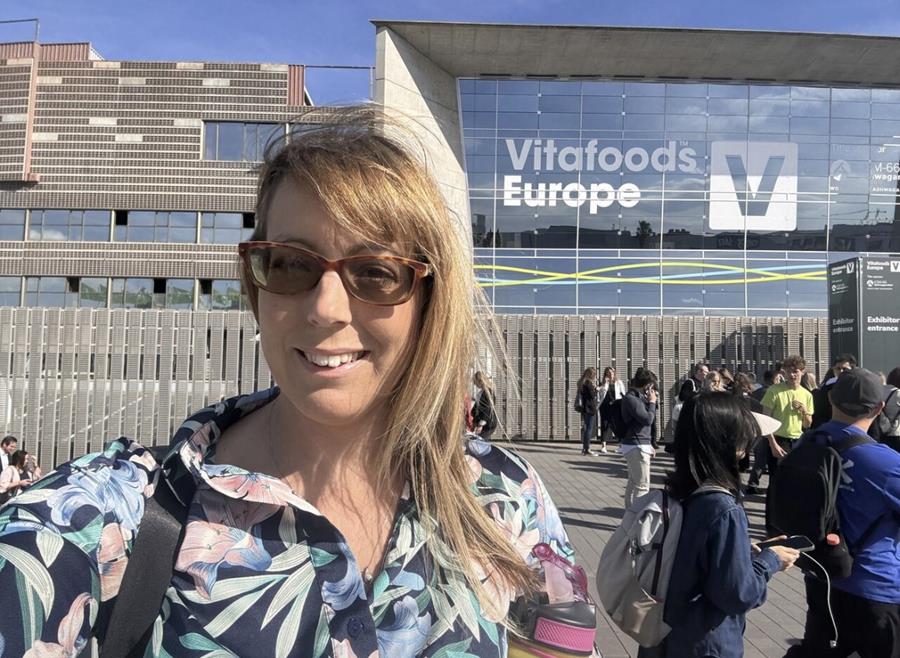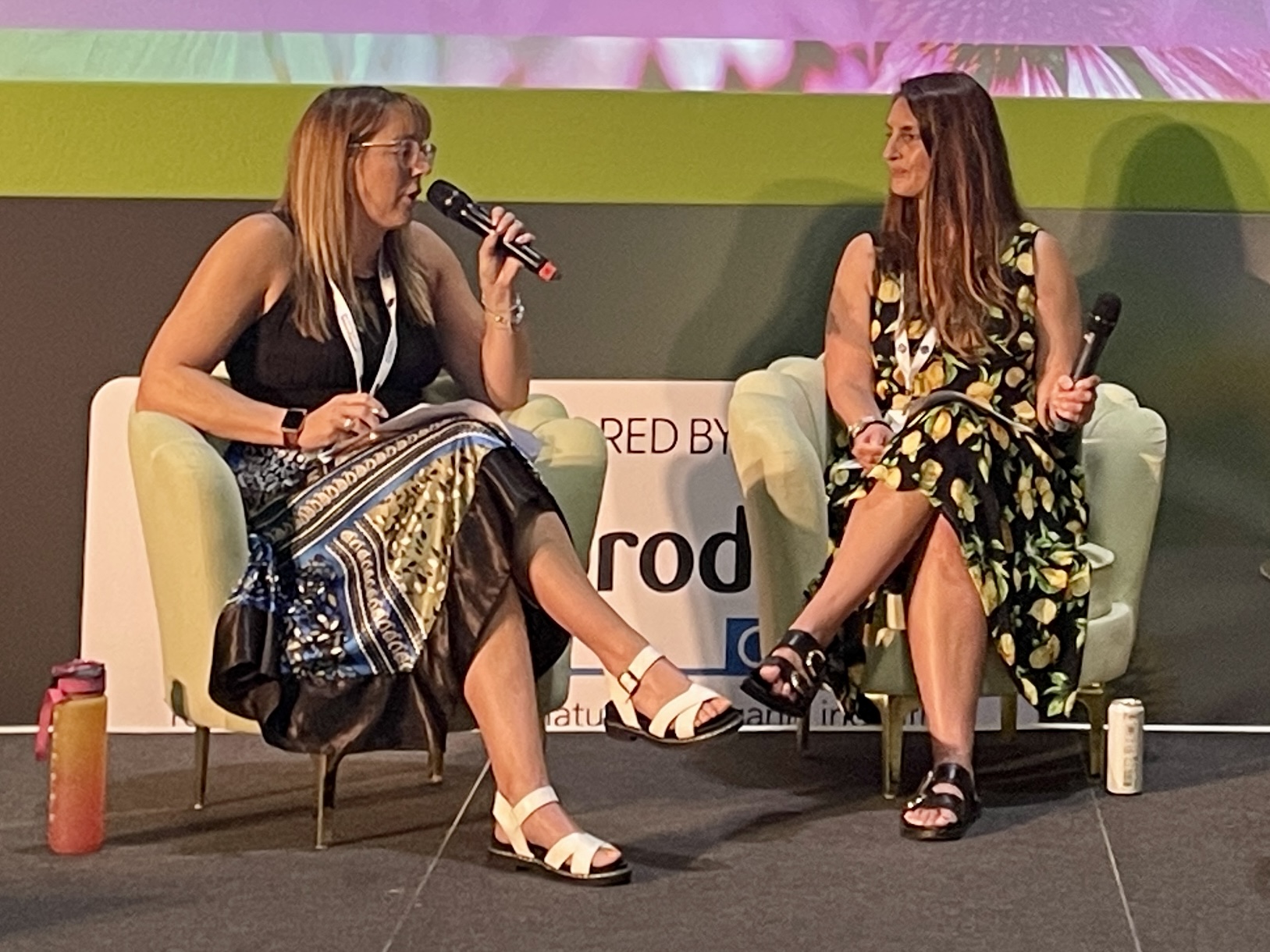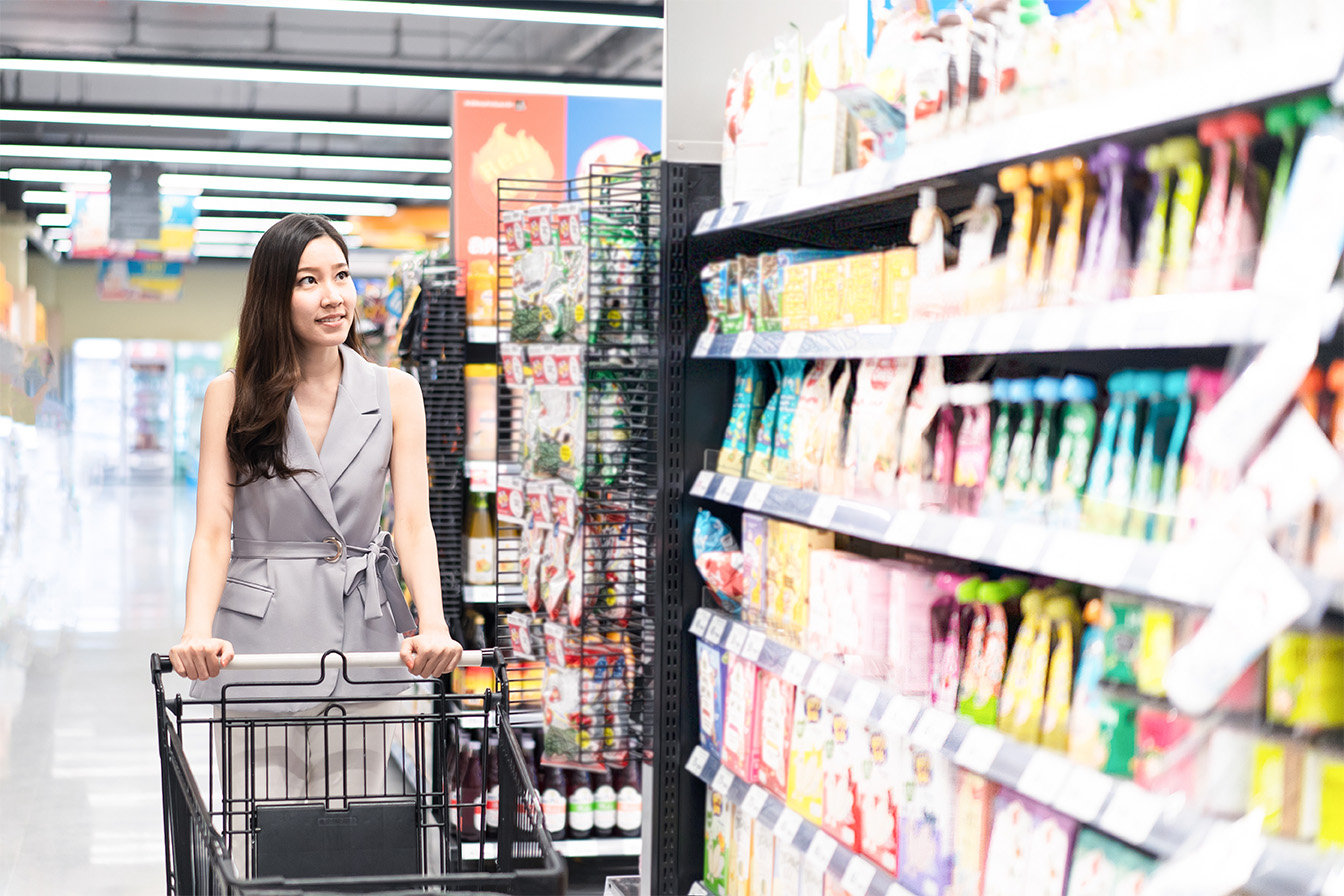Malaysia is an South-Asian country with a population of over 31 million people, close to Indonesia and Singapore. It is part of the ASEAN free-trade agreement and has signed 13 other FTAs that make it more open to international commerce, aka making it more open to you, international food and drink exporters!
A Snapshot of the food & drink sector
Malaysia has currently a great national climate that encourages long-term business plans. It is politically and economically stable and the government has implemented a series of liberal investment policies beneficial to international businesses: the country has for example allowed the freedom to repatriate income and has liberalized equity ownership (foreigners can now own 100% of equity in manufacturing businesses). Malaysia’s excellent facilities, good IP protection and great connectivity also contribute to its business-friendly environment.
The Malaysians speak rather good English and the country’s banking system is stable. The geographical location of Malaysia is another one of the many reasons why this country is the perfect gateway to international F&D markets, halfway between Asia, the Gulf, Europe and even Oceania with its two big markets Australia and New-Zealand.
However, Malaysia is not just a great place to settle your business or as a gateway to the world: the Malaysian market offers over 31 million consumers with a taste for foreign F&D products and increasingly aware of health problems, hence interested in healthy products.

A fast-developing health and wellness F&D market
The health and wellness sector is developing fast in Malaysia and products within this category are attracting more and more consumers. The most successful product categories are health and wellness (HW) packaged food, with HW baby food and dairy leading the way (Euromonitor). Soft drinks generate three times as much revenue as hot drinks. When it comes to the vitamins, minerals and supplements (VMS) sector then general well being supplements has by far the most attractive position in the market followed by digestive health, brain health and memory. The ‘Beauty from Within’, vision health and cardiovascular health supplements have the weakest positions in terms of generated sales within this market (Euromonitor)
The fast-growing popularity of the HW sector in Malaysia can be explained by several different factors. First, Malaysians are becoming increasingly aware of the adverse consequences of overly indulgent foods and of sedentary lifestyles on their health. Obesity, diabetes, high blood pressure, high cholesterol occurrences have risen in the country and increased media coverage and government campaigns concerning these problems encourages the Malaysians to change their diets and turn to healthier products. HW products are not only consumed by people concerned by potential future health problems but also by people who suffer from a diet-related disease and want to alleviate their symptoms.
Second, the HW sector witnesses growth mainly in urban areas and the ongoing urbanization of the country drives lasting growth in the sector. In the countryside, HW products have gained in popularity too, as distribution of HW products has improved all over the country as infrastructure improves. Malaysians living in the countryside should not be marginalized by brands as their households are bigger, which means families are more likely to buy bigger quantities of HW products.
Finally, disposable income has risen and should continue to rise, supporting growth in the sector, maybe even encouraging the development of higher quality, premium products. According to Euromonitor, the number of Malaysian households with an annual disposable income of more than $300,000 is expected to increase from 45,360 in 2016 to 86,550 in 2021, making this a market worth considering.
Dominance of international players
The competitive landscape for health and wellness F&D products in Malaysia is dominated by international players. Domestic players are present and very active but still at an early stage in their development and hence this does allow for imported brands to enter the market as foreign brands have an appeal. Having said that winning market shares against multinational international competitors already established in the Malaysian market is not without its challenges either. Nestlé, Danone, the Dutch Lady Milk Industries and the Singapore-based Fraser and Neave are amongst the most successful market players, with Red Bull as well in the energy drinks category.
Halal Opportunities
When we think about Malaysia then let’s not forget the importance of the Halal accreditation for food and drink brands in this market! Halal is not just a way of killing and producing meat, it is a standard of good quality and respectful practices that Muslim consumers trust and respect. This certification can be applied to meat or products with meat derivatives of course but also to others that do not such as beverages, cosmetics, pharmaceuticals,, logistics, consumer goods (from sauces and snacks to sweets) and it is very heavily insisted upon by the market here so to enter this market and be taken seriously then you should also consider undertaking a recognised halal certification for your products.
Be aware that no product can use the word “halal” on its packaging or advertisement without receiving an official certification from the government in Malaysia (or a recognised halal authority), this sector is controlled and has some specific procedures and certifications as opposed to other types of products. Moreover, it is important to stress that the halal sector is not just promising in Malaysia: it also is in Europe, with increasing numbers of Muslim citizens for example in the UK, who are actively seeking to buy more halal food and other halal product
Conclusion
Thus, if you are looking for new markets to enter, consider Malaysia. Its business-friendly environment will facilitate your internationalisation and organisations (Bolst Global included!) are present to help you make the best choices for your brand and support you to enter this market.
In future plans to widen your product range and the market places where you wish to enter, don’t neglect the growing importance and potential that being officially halal accredited can bring you (and this does not have to be prominent or even shown on your packaging) There is a good chance consumers in your domestic market (whether you are British or from a Western European country) will try your product and adopt it, and consumers abroad in Muslim countries (like in Malaysia or the Gulf) or other countries with high percentages of Muslim consumers will be appreciative of your openness and respect of halal practices with your product.




